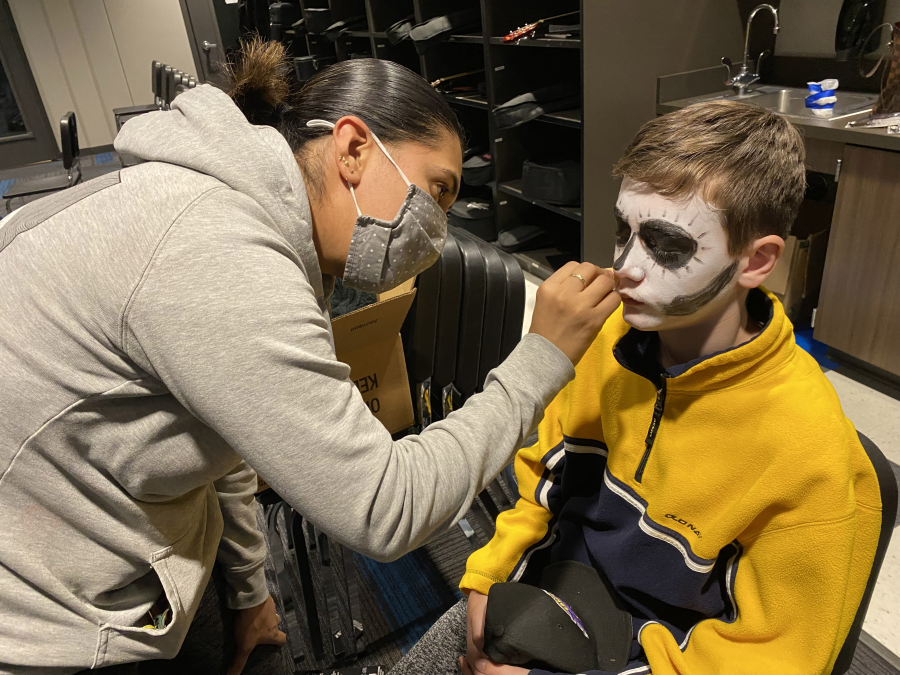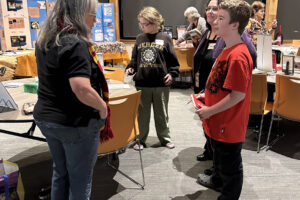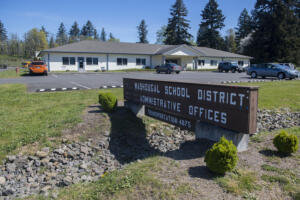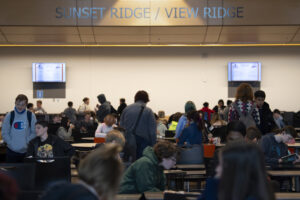Washougal Learning Academy Principal Jason Foster says he can already see the impacts of the Washougal School District’s outreach efforts to engage more Spanish-speaking families.
Foster, who helps coordinate the district’s outreach efforts, pointed to an event led by Jemtegaard Middle School history teacher Scott Rainey in early November that celebrated “D?a de los Muertos” (Day of the Dead), a prominent Mexican holiday in which people remember and pay their respects to friends and family members who have died.
“That probably wouldn’t have happened in previous years,” Foster said. “I don’t know if in the past the awareness of the holiday or comfort level was there. Maybe the movie ‘Coco’ helped just a little bit. People were excited about it. It was a really cool event because it signified a level of cultural acceptance and celebration of diversity.”
The district’s efforts to reach more Spanish-speaking families started in 2019, after Jemtegaard Principal David Cooke organized a group of Washougal School District employees who wanted to improve the district’s relationship with Spanish-speaking families.
Despite school closures in 2020 and the ongoing COVID-19 pandemic restrictions in 2021, Foster said that group of employees has continued to expand and evolve.





